INFRASTRUCTURE IN MERCER COUNTY
Caitlyn Pansini - Julianna Gruosso - Louis Truppa - Alex Rossman
Editorial Package
November 16, 2018
Infrastructure in Mercer County, New Jersey Continues to Crumble to the Ground
There is a significant infrastructure dilemma across the state of New Jersey. The average age of the bridges in New Jersey is 51 years, and that number continues to grow as the years go on. 609 of the 6,730 bridges in New Jersey are structurally deficient. Flooding in significant parts of the state increase worse as the days go on, and there seems to be no end to that. Roadways need improvements as many roads have significant potholes and cracks that leave drivers upset. These are just some of the many problems that continue to grow and show no signs of stopping. What is the city of Trenton, the Township of Ewing and Mercer county doing to eliminate these flaws in our county?
Currently, New Jersey invests $1.6 Billion per year in Infrastructure yet there are still 609 bridges are structurally deficient in New Jersey. With all this money being spent, one would think that New Jersy would have enough money to fix all of the state’s infrastructure problems. This is however not the case, and it will only continue to grow as prices for materials continues to grow, and renovation demands continue to grow.
For Mercer County, it is doing its job to fix up the crumbling infrastructure in the county. Many roads across the county have closed to be repaired. One of these closures is Hopewell Township were on or Monday, October 1, 2018, milling and resurfacing started on Marshalls Corner Woodsville Road between Fox Run Road and Lambertville Hopewell Road, County Route 518. The bridge closure is also being done across the county in towns like Princeton, Hopewell, West Windsor, and Ewing Township. The biggest bridge replacement is in Ewing Township where the Scudders Falls Bridge (Interstate-295) is located. After two previous postponements, the beginning of the replacement project on Interstate-295 began in early 2017, is expected to be fully operational in time for 2021, the Delaware River Joint Toll Bridge Commission announced. This lack of urgency and growth of postponement on projects happen all the time across the state of New Jersey.
We asked the former mayor and councilman of Woodbridge Township, Phil Cerria, some questions on his thoughts about infrastructure in the past and today. When asked about his thoughts on the current infrastructure issue in New Jersey and Central Jersey, he stated that “New Jersey is in a serious dilemma that continues to grow. I have been around for many generations, since World War II, since the Federal-Aid Highway Act of 1955, so I’ve seen the highest point of highway and infrastructure growth, and now I see the lowest point of the infrastructure era.” He continued, “Roads and bridges today are not made to withstand such increased amounts of congestion and growth in commuters. Land continues to be built over by apartments and shopping centers, and we continue to see an increase in flooding on the roads. I tried hard to make Woodbridge environmentally and commuter friendly as mayor and councilman, but it's tough to watch as current aspects of infrastructure get ignored.” Mr. Cerria has seen it all about New Jersey’s infrastructure, and he knows that we need to do something about it.
Local citizens of Ewing and Students at The College of New Jersey also seem to notice the situation New Jersey faces. Flooding is a serious problem at TCNJ, and flooding only gets worse. Anytime it rains in Ewing, nearly every sideway on campus gets flooded and impossible to walk through sometimes. Students are forced to walk around the flooded sideways and onto the grass which also gets flooded across the campus. We asked some students about there thoughts on this problem. One student said, “I hate it when it rains here. Every time it rains, I know I am going to have to be more alert when I walk to class.” Another student stated, “ TCNJ has a serious drainage issue here. I wish they would do something to fix this problem, so it is easier for me to go to class.” Students spoke out and wanted to see change done to our state’s infrastructure.
From crumbling bridges to pot-hole filled roads to flooding across many towns and college campuses, New Jersey is in a digging themselves in a hole that continues to get deeper and deeper each year projects gets ignored. Our government needs to find cost-saving ways to fix our infrastructure at a low price. What will Mercer County do to fix these problems that occur in such a populated part of the state?
FACTS ABOUT NJ INFRASTRUCTURE
-The Garden State has spent the fifth lowest amount on transportation, water treatment systems, and other forms of essential infrastructure in the past ten years when measured as a share of state’s economy.
-The average age of New Jersey’s bridges is 51 years, and 1 in 11 are classified as structurally deficient. Also, 1 in 15 is classified as scouring critically.
-These bridges are at risk due to material deterioration or severe storm events.
-More than 40% of the state’s bridges are expected to need improvements or complete replacement in the near future. However, current funding levels are inadequate to address the maintenance, rehabilitation, and replacement of the State’s bridges.
-Currently, the State invests $1.6B per year, supplemented with federal funds
-609 (9.00%) of the 6,730 bridges are structurally deficient
-$301.57 million of unmet needs for its parks system
“New Jersey is in a serious dilemma that continues to grow. I have been around for many generations and I've seen the highest point of highway and infrastructure growth and now I’m seeing the lowest point of the infrastructure era.”
-Formal Mayor Phil Cerria
TCNJ has a serious drainage issue here. I wish they would do something to fix this problem so it is easier for me to go to class.
- Anonymous TCNJ Student
Welcome to Our Twitter Account! Here are some of our tweets and retweets! Follow, like and comment on all our tweets!
Account name: TCNJ T4 Infrastructure in Mercer County
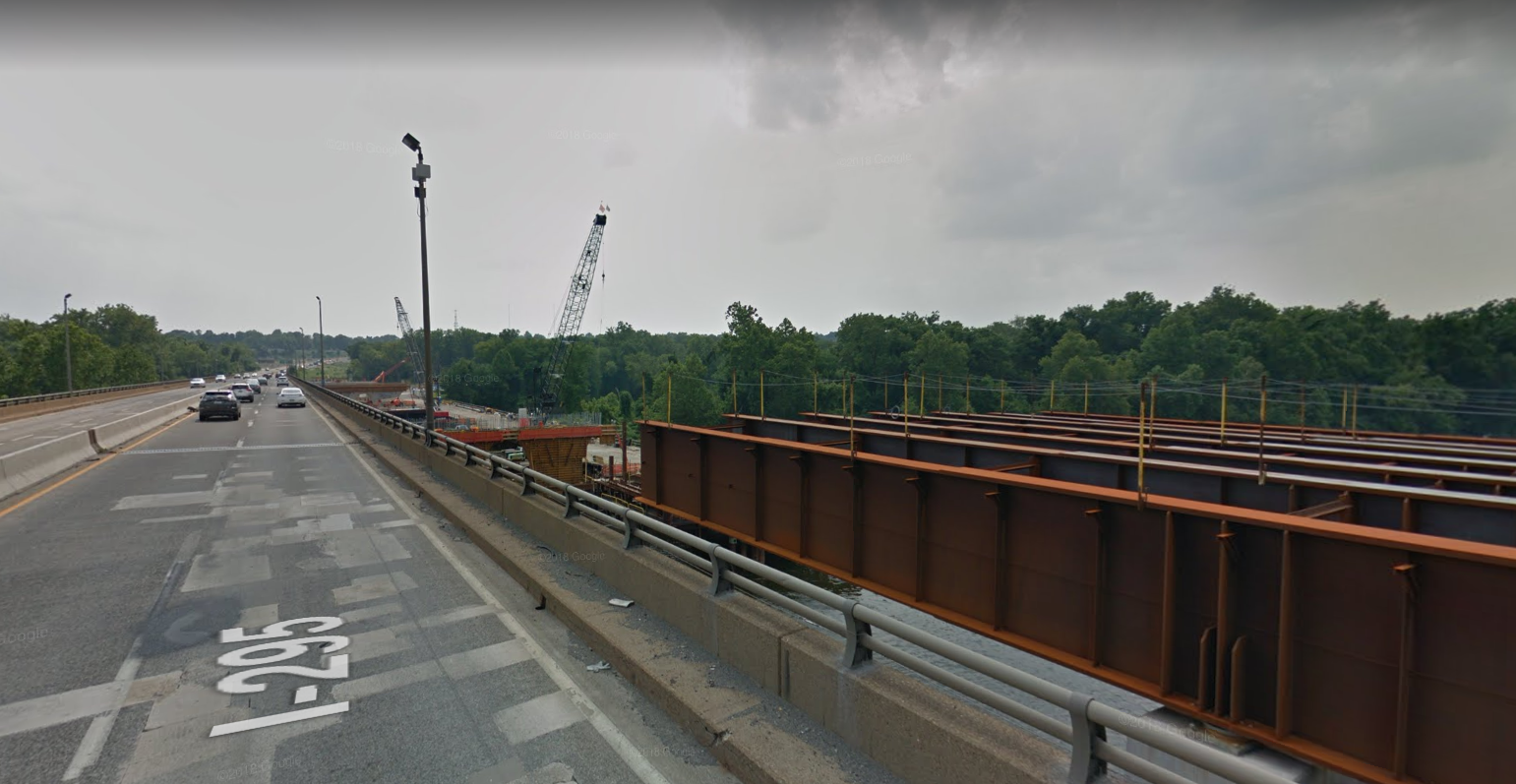
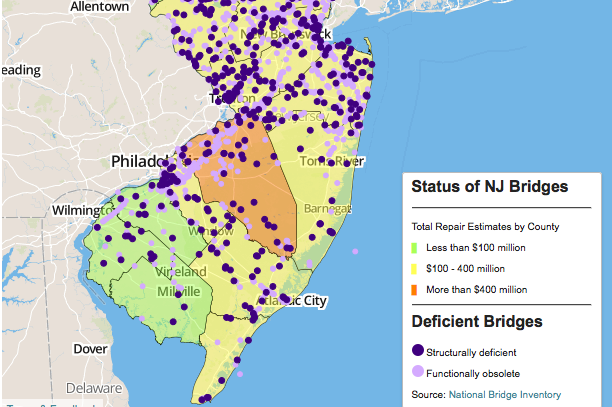
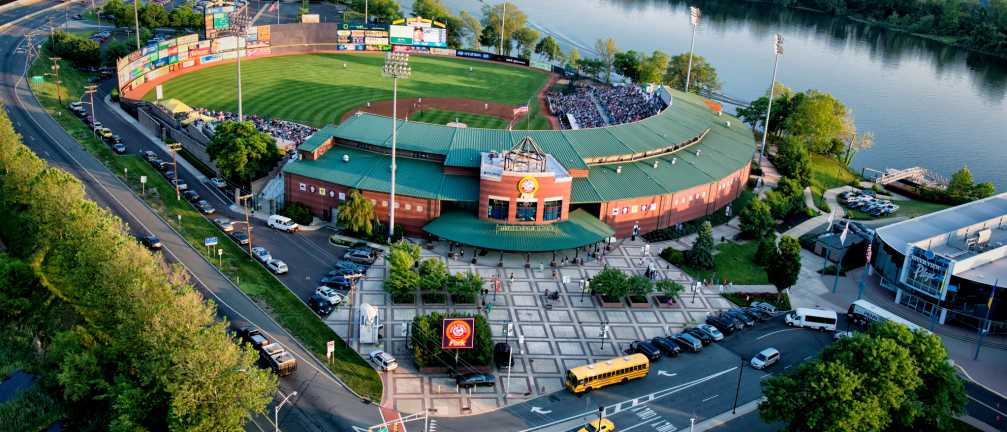
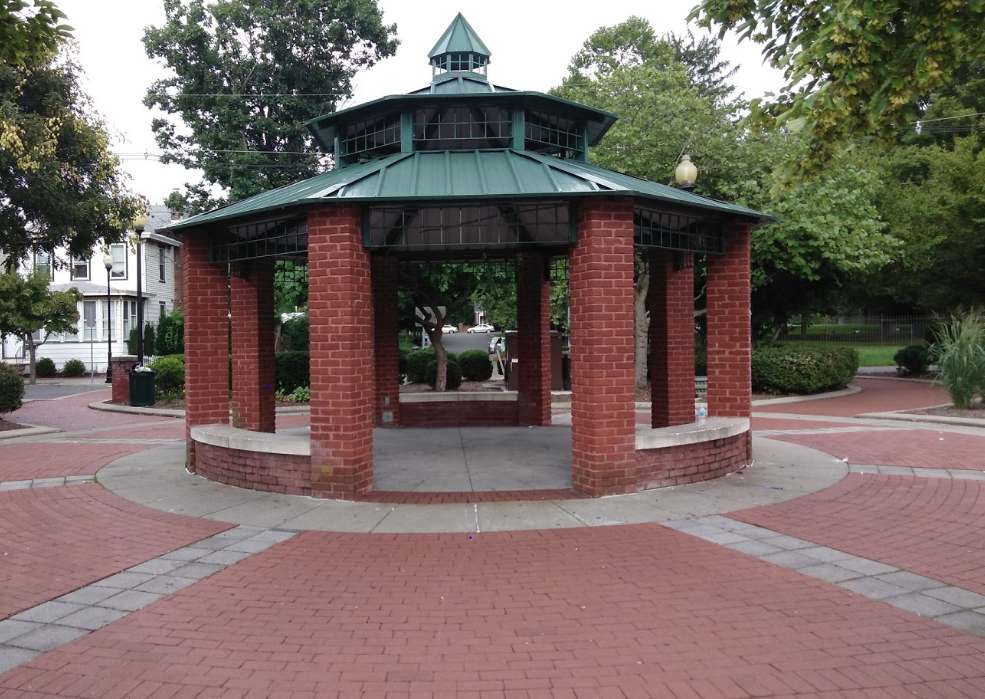
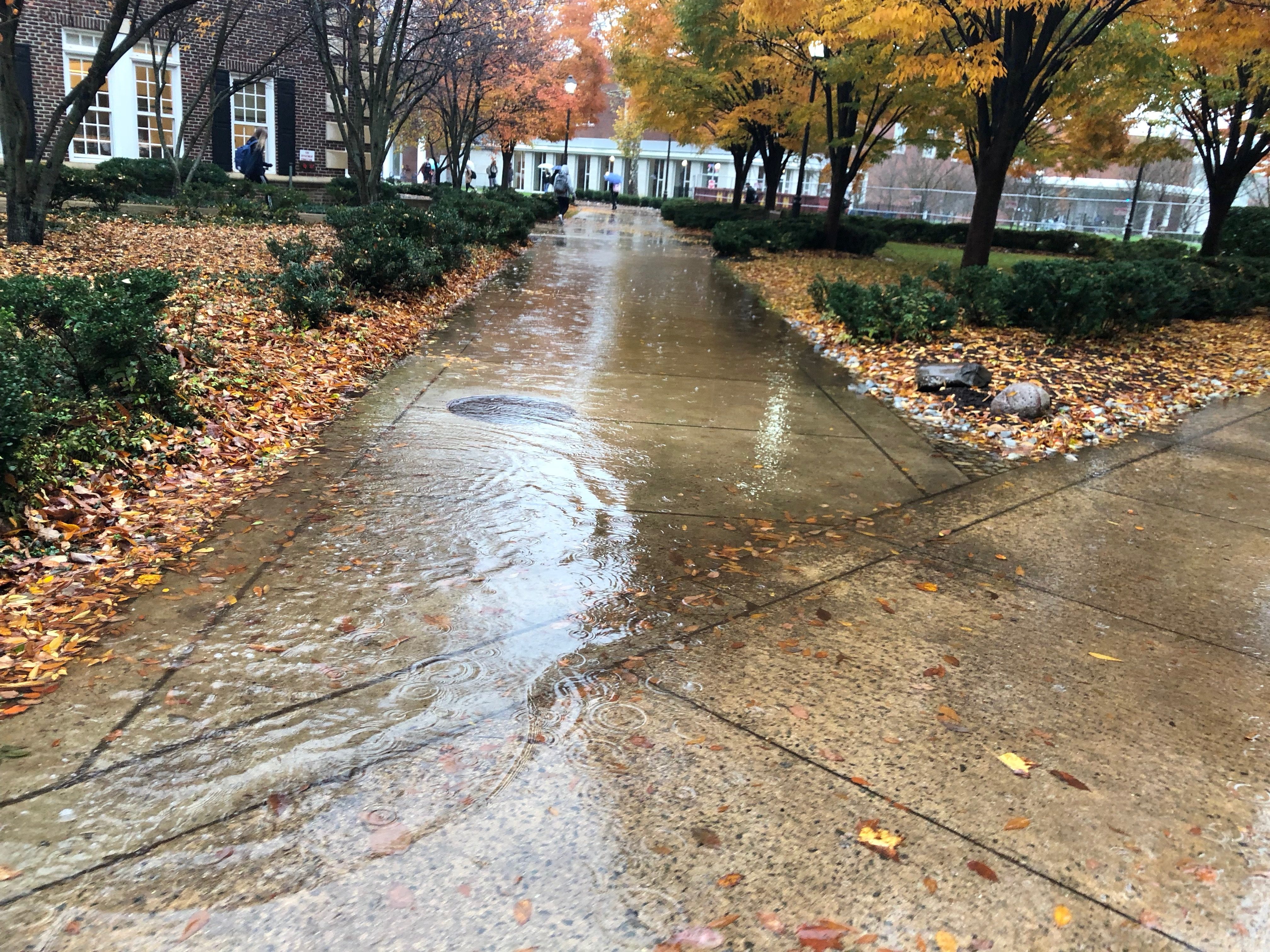
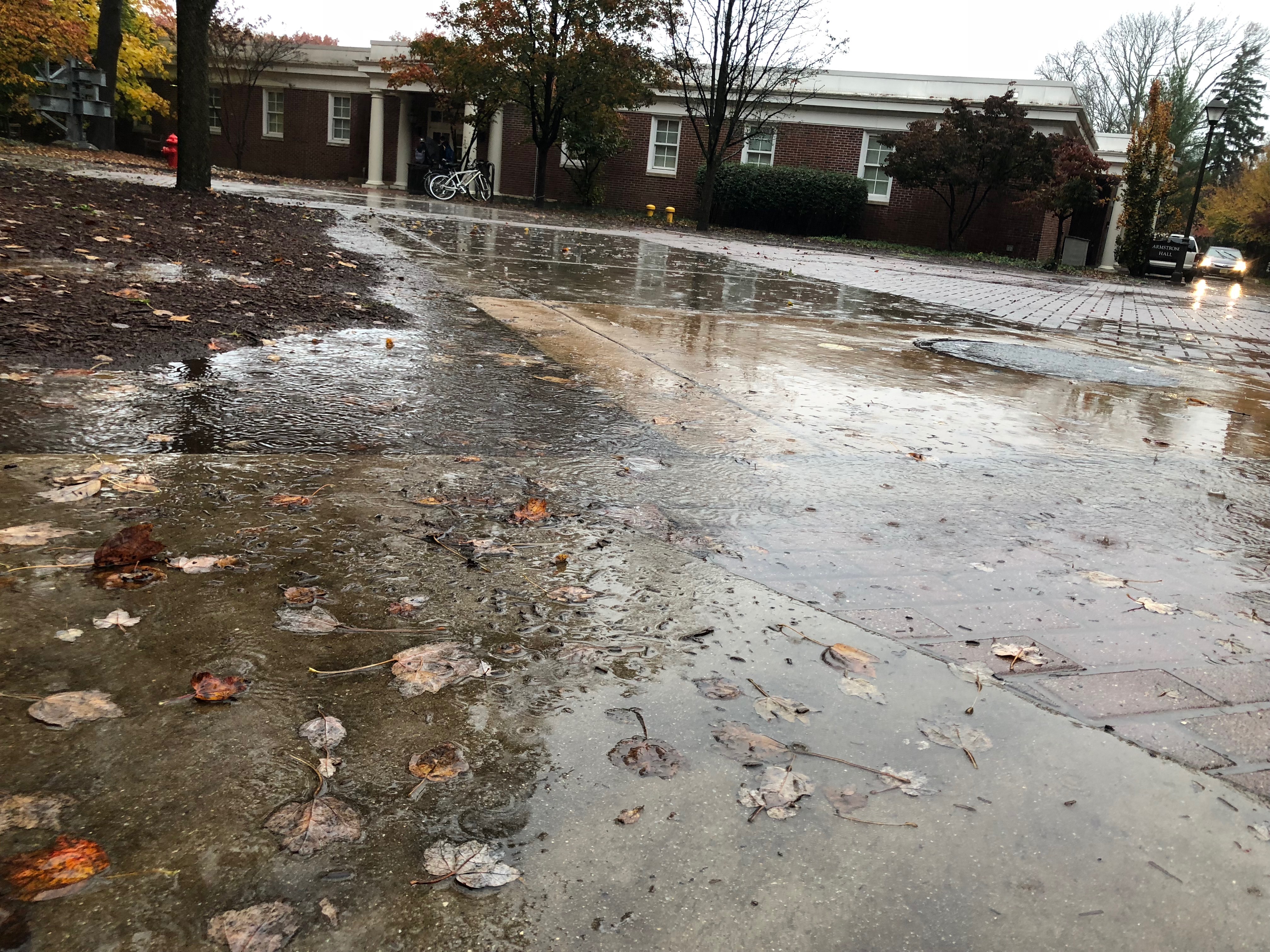
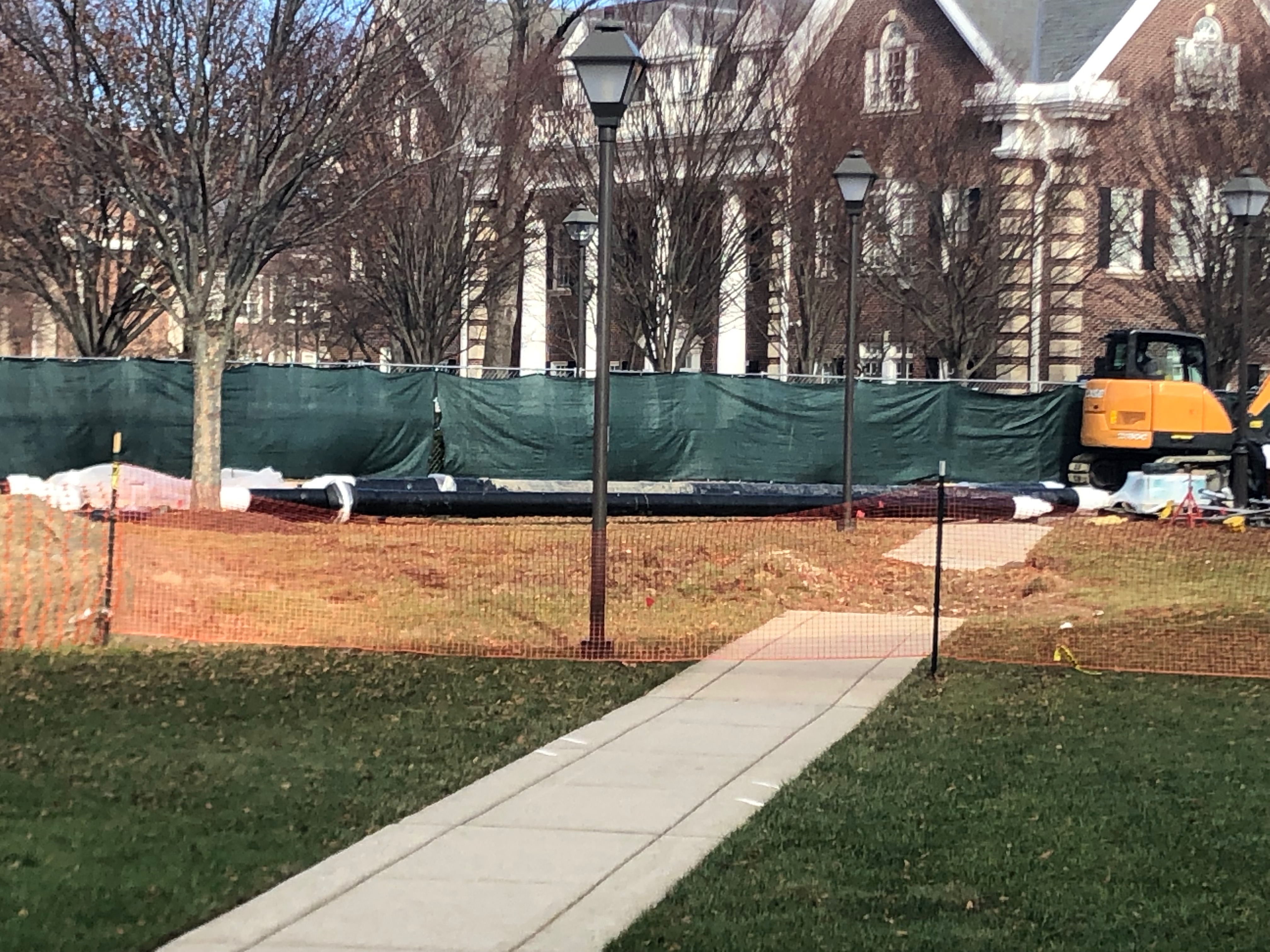


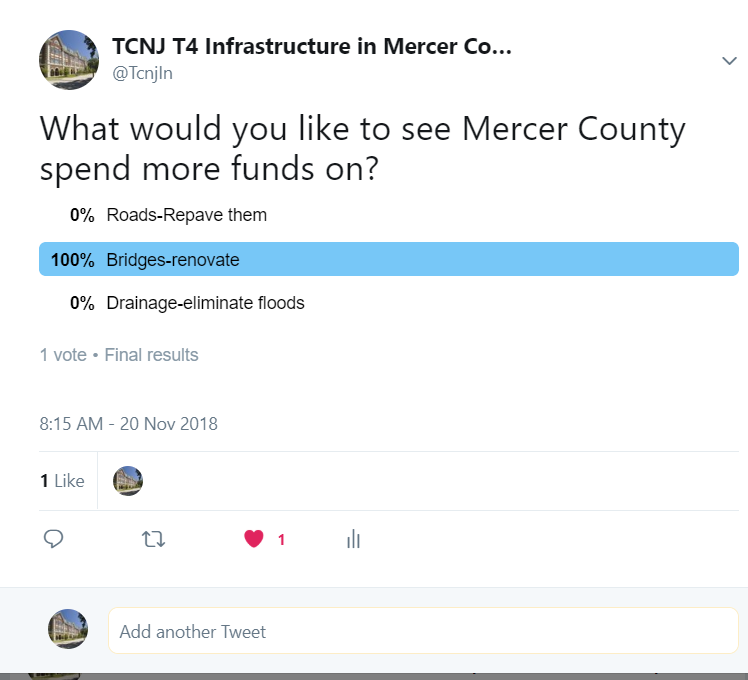
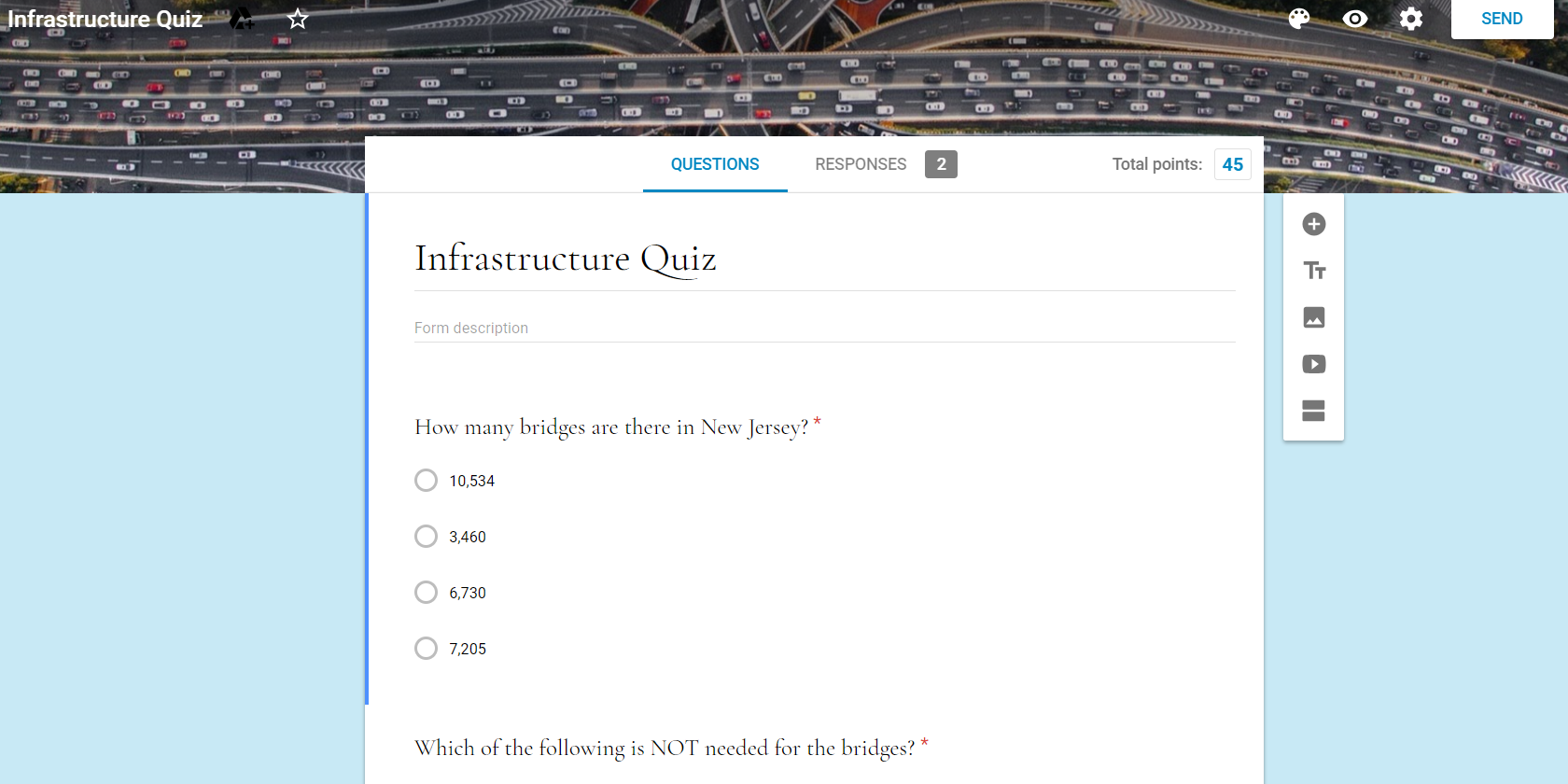


Leave a comment
You must be logged in to post a comment.